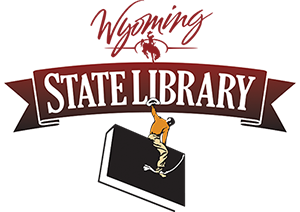
Jackson Hole Middle School Library
By Doug Johnson
Reposted from the Blue Skunk Blog
One of the LM_Net participants I most respect is Barbara Braxton, a teacher-librarian in Comma, New South Wales, Australia. In response to an article in SLJ about labeling books by reading level in the library, she shared her Students’ Bill of Rights* on her 500 Hats blog. Please take a few minutes and look it over. It’s fine reminder of just how we can treat our students with the dignity they deserve.
We as librarians also need to be familiar with more specific “rights” of our patrons. ALA’s Library Bill of Rights specifically calls out:
[su_quote]V. A person’s right to use a library should not be denied or abridged because of origin, age, background, or views.[/su_quote]
ALA’s Access to Resources and Services in the School Library: And Interpretation of the Library Bill of Rights, reads in part:
[su_quote]Major barriers between students and resources include but are not limited: to imposing age, grade-level, or reading-level restrictions on the use of resources; limiting the use of interlibrary loan and access to electronic information; charging fees for information in specific formats; requiring permission from parents or teachers; establishing restricted shelves or closed collections; and labeling. Policies, procedures, and rules related to the use of resources and services support free and open access to information.[/su_quote]
I would interpret these statements to mean that 3rd graders should not be restricted to books at a 3rd grade reading level. So while most library rights address intellectual freedom and access to opinions, information, and ideas, the rights extend to reading for pleasure and practice. (I had one professor suggest we call all recreational reading books “practice reading books” to get the support of administration. Hmmm.)
One of my biggest concerns is that students in schools without assertive librarians who advocate for these rights will have few or no opportunities to read for pure enjoyment. In our efforts to raise reading scores based on arbitrary goals, students will only read what is chosen for them without regard to personal interest and tastes, becoming citizens who can read but chose not to read. At particular risk are children who go to schools in low income areas without libraries and librarians. To me, this is grievous discrimination. (I know, I know, this is a drum I beat too often. See Little Bunny Books)
Read and re-read Ms Braxton’s document and the works of ALA. They describe well what is at the heart of what librarians and other child advocates are about.
* I was once called out for creating a PLN Bill of Rights by Stephen Downes who reminded me that “Bill of Rights” is a uniquely American creation, not transnational.
This work is licensed under a Creative Commons Attribution-Noncommercial-Share Alike 3.0 United States License.
